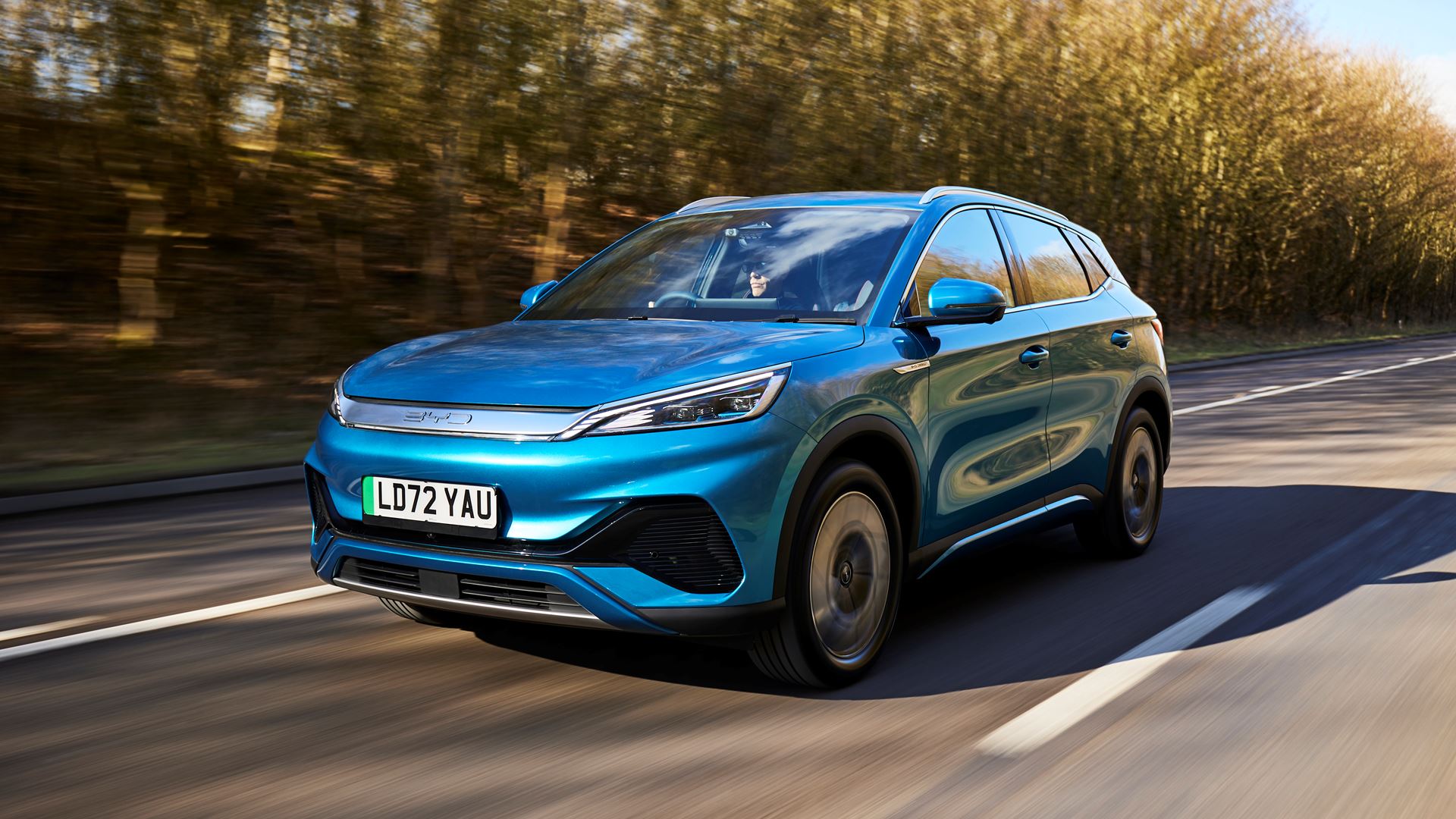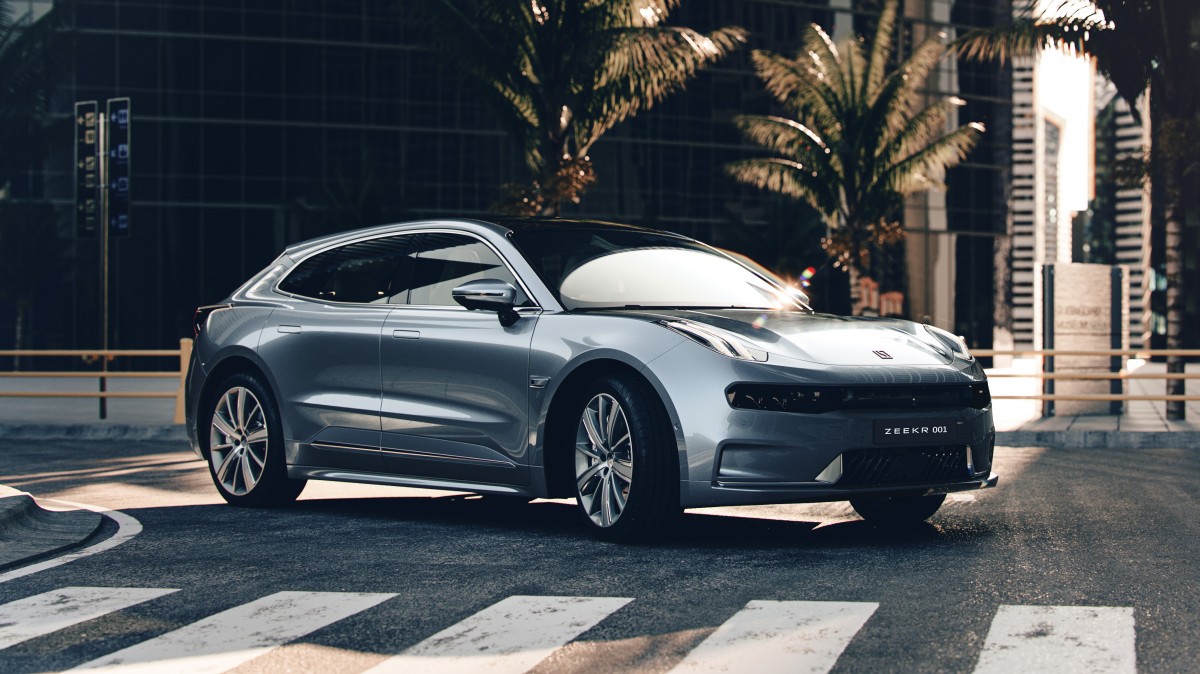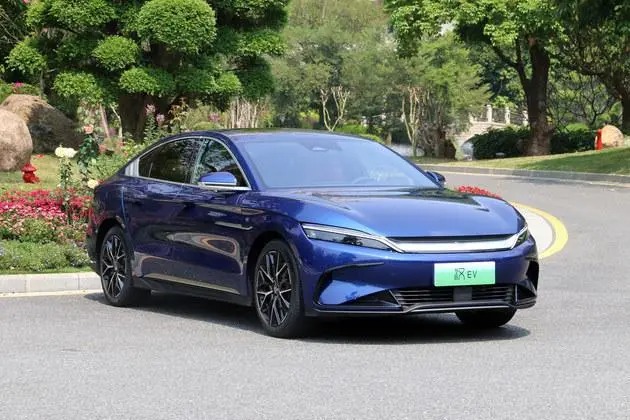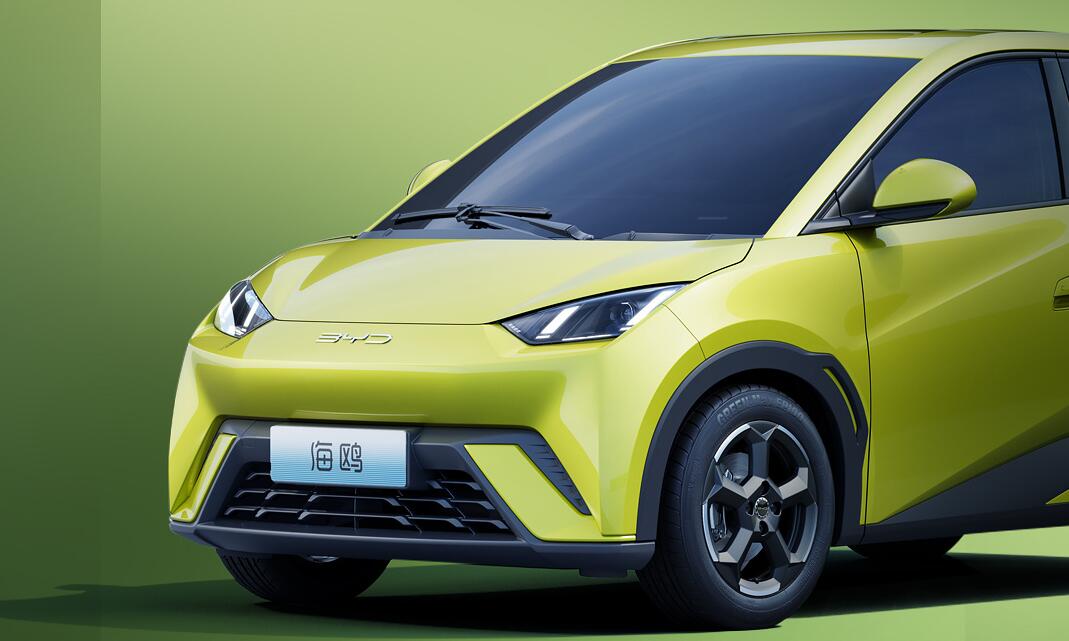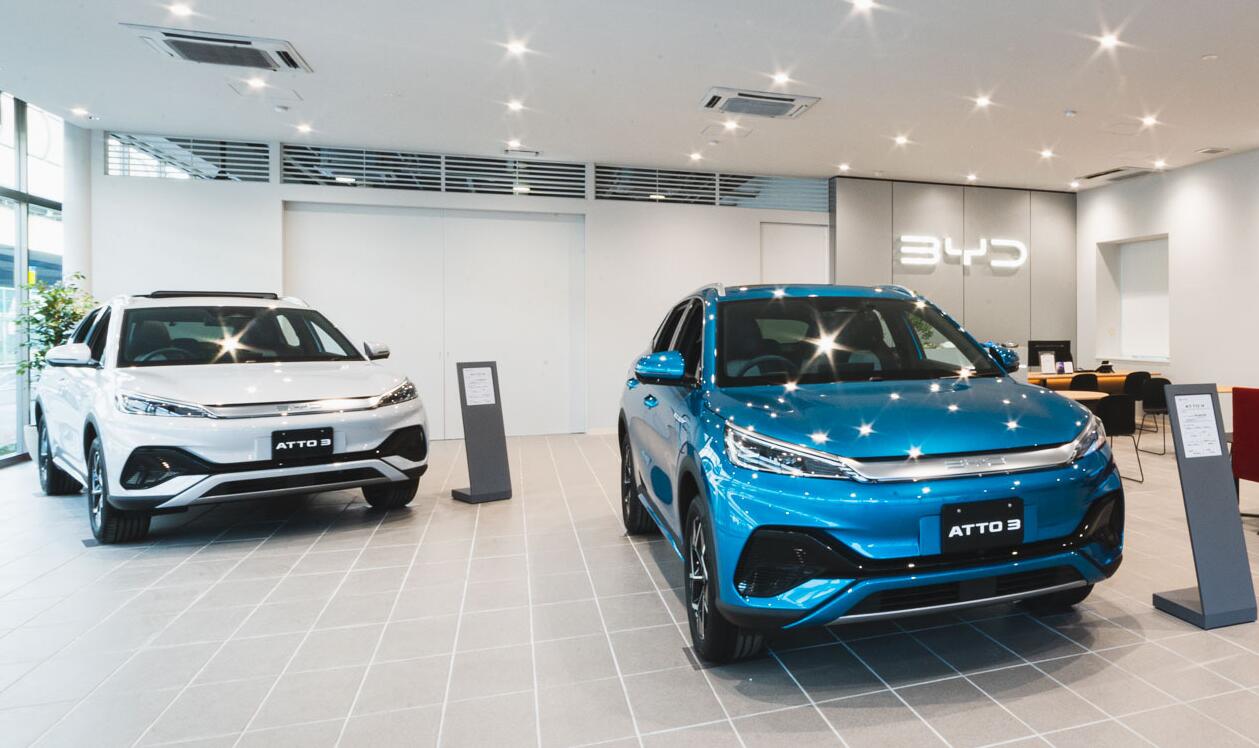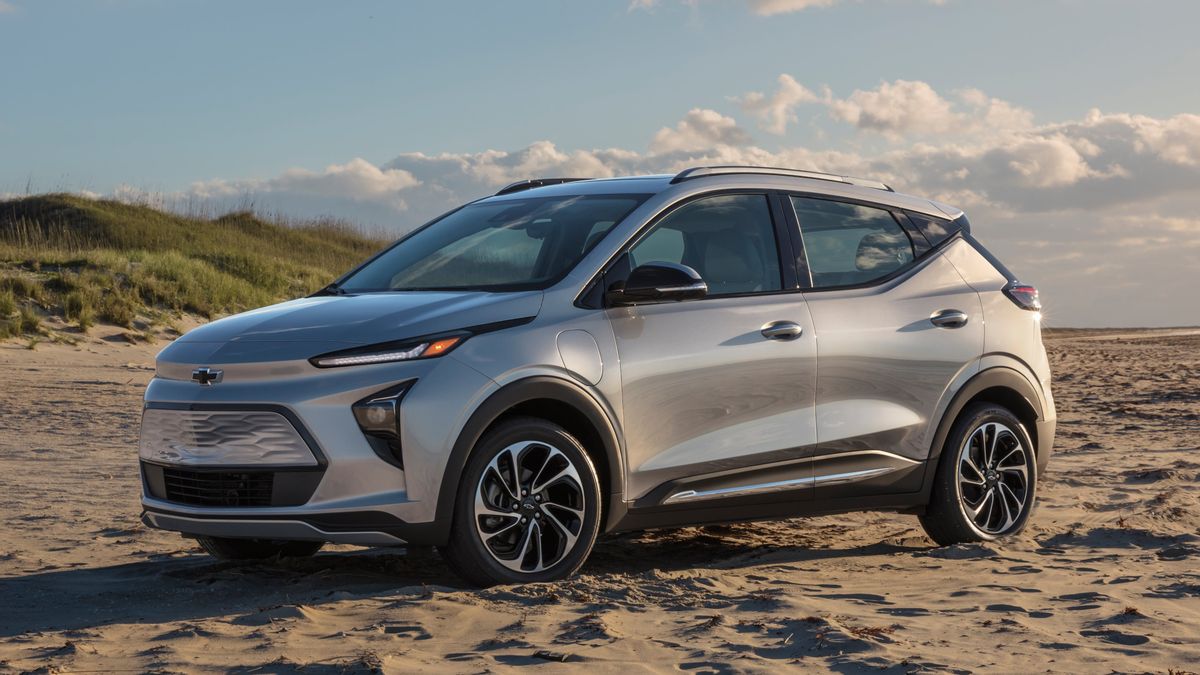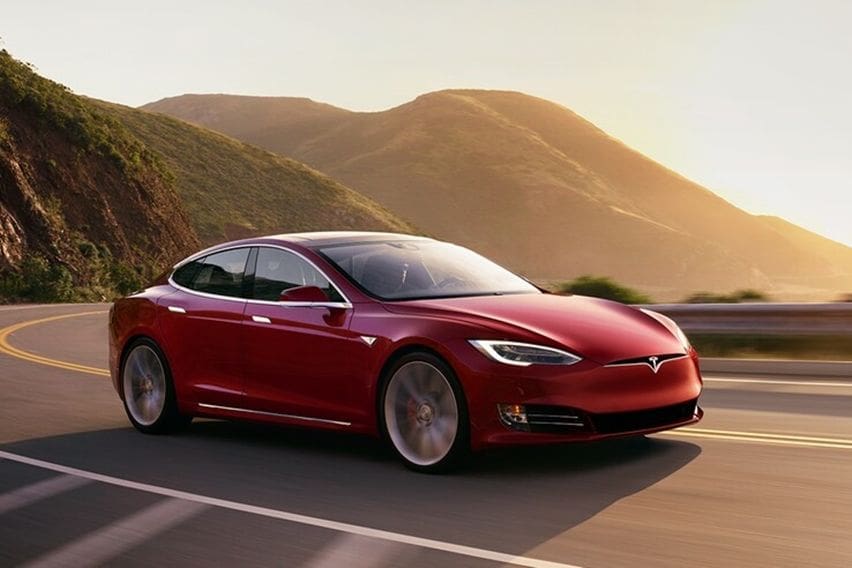BYD, the Chinese electric vehicle manufacturer, is aiming high in 2023, with a goal to sell at least 3 million vehicles this year and striving to reach 3.6 million. These impressive figures were revealed in the company’s annual report released on March 28, followed by an investor conference on March 29, where Wang Chuanfu, the company’s chairman and president, announced the target. According to a report by local media outlet Yicai, if BYD manages to achieve its sales target, it will put the company in the top 10 car companies in global auto sales this year.
Out of the 3.6 million units that BYD is striving to reach, 2.8 million are expected to be sold in China, and 800,000 in overseas markets. If the company reaches its goal of 2.8 million units in China, it will surpass the Chinese market record held by FAW-Volkswagen, and achieve its target of becoming the largest automaker in China by the end of the year.
BYD has already established itself as a major player in the electric vehicle market, with a total of 1,868,543 vehicles sold in 2022, including 1,863,494 new energy vehicles. Furthermore, the company discontinued production and sales of vehicles powered entirely by internal combustion engines in March 2022, signaling its commitment to a sustainable future.
The company’s overseas sales figures for NEVs from July to December 2022 reached 50,021 units, demonstrating its growing global presence. Wang Chuanfu also predicts that China’s NEV sales will reach 8.5 to 9 million units in 2023, with a penetration rate of 40 to 45 percent, and possibly exceeding 50 percent in some months. He believes that traditional fuel vehicles will sell around 11 million units in China this year, resulting in all car sales reaching about 20 million units.
BYD has pricing power in the price range of 100,000 yuan ($14,540) to 200,000 yuan, but Wang Chuanfu has stated that the company wants to keep prices stable to avoid making it hard for others to survive. He also believes that the Chinese car market is highly competitive, while competition in overseas markets is not sufficient, and Chinese automakers will find few rivals when they go abroad.
In terms of expanding its overseas markets, Wang suggests that a good short-term strategy is to focus on countries without local car brands, rather than competing with auto powerhouses such as the United States, South Korea, Germany, Japan, and France. He believes that products that are competitive in China will still be competitive in overseas markets with a 20 percent price increase.
Overall, BYD’s impressive sales targets for 2023 demonstrate its confidence in the future of the electric vehicle industry and its commitment to sustainable mobility. As the company continues to grow and expand its global presence, it will be interesting to see how it shapes the future of the automotive industry.

